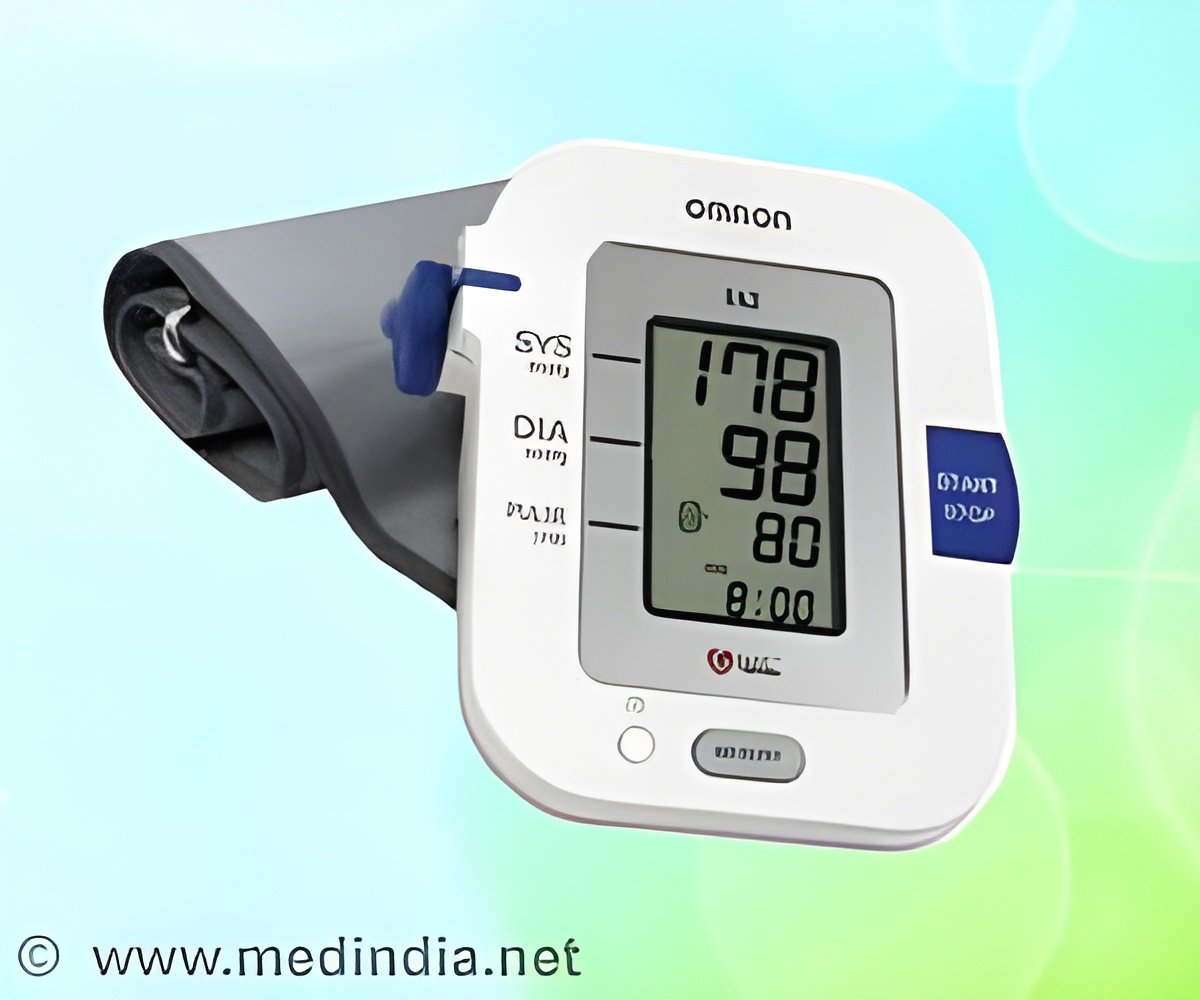Simple blood tests could improve treatments for resistant hypertension in African countries, reveals study.

By testing patients’ levels of plasma renin, a protein secreted by the kidneys, in combination with levels of aldosterone, a hormone that causes salt and water retention, physicians were able to identify the physiological changes causing the hypertension. This led to personalized and more accurate therapy.
"If a patient has salt and water retention, it causes high blood pressure and also feeds back and shuts down both renin and aldosterone," said Dr. David Spence, principal investigator on the study and a professor at Western’s Schulich School of Medicine & Dentistry.
Patients with low levels of both renin and aldosterone are more likely to have salt and water retention due to mutations affecting the kidney tubules; they respond specifically to a medication called amiloride.
Such mutations account for approximately 6 per cent of hypertension in North America, but were more common among the African patients studied.
Of the 94 patients who completed the study, 42 were treated with the usual course of treatment, 52 were given the blood tests, and treatment was decided based on the results.
Advertisement
"The biggest difference is that there were more people being prescribed amiloride in the physiological treatment group," said Spence, who is also a scientist at Robarts Research Institute at Western.
Advertisement
Spence hopes that this study will help inform guidelines for treatment of resistant hypertension, not just in Africa but for those of African decent living in other parts of the world, and for all patients with resistant hypertension.
Source-Eurekalert














